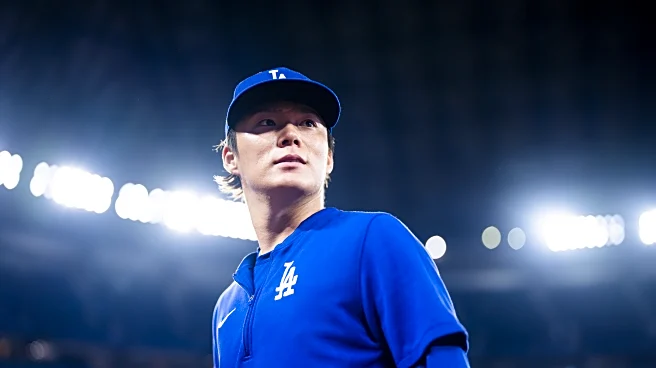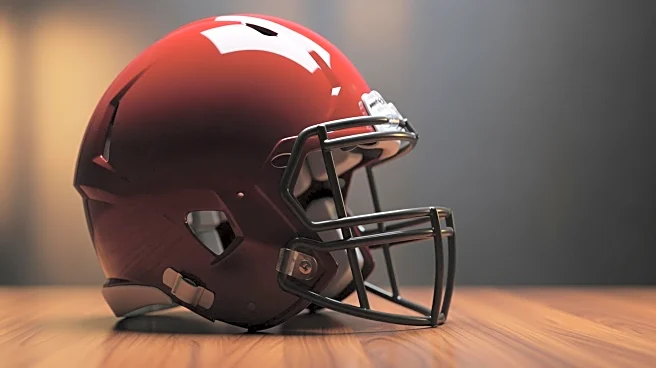Winning a World Series title is hard, irrespective of how much better you might be than most, if not all of the competition. Winning one in a seamless fashion is an unrealistic goal and a bit disrespectful
to the nature of the postseason in baseball. The Dodgers lost Game 1 of the World Series, and typically, in an early loss in a long series, any team is presented with two separate lines of questions: firstly, how did you lose, and how much of that reason is a cause for alarm moving forward? Secondly, how will you respond from a psychological standpoint?
The good news for the Dodgers is that you can rather easily scratch off both of these questions with an unchanged optimistic outlook.
Starting backward, the last thing you’re worried about for this team is the psychological side of it, having been here and done that, all while facing significantly more dire situations than a 0-1 deficit to begin the World Series.
As far as the first one, regardless of how well the Blue Jays performed as an offensive unit in Game 1, it’s also clear Blake Snell wasn’t at his best. Even when Snell managed to escape threats, he did it not so smoothly. Sure, the bullpen collapsing so incredibly that it put the game out of reach isn’t comforting. The quickest way to avoid that is to go back to the winning formula of great starts, propelling the whole team. Who better than Yoshinobu Yamamoto to go to the next game and present a completely different look for Toronto? We could sit here and talk about this for days, and it’d still be difficult to grasp the complete impact of this rotation with four bona fide aces.
For as much as we could point to the 0-2 hole Toronto overcame in the ALCS, going down at home against the Dodgers would’ve been a far greater problem for the Blue Jays in the Fall Classic. While there is a real discussion to be had about the degree to which they’re favored in this World Series and to what extent it actually makes sense, their favoritism is unquestionable.
Trying to avoid an entirely positive preview, the bullpen as a unit continues to worry us. Last year, we saw Dave Roberts all but trademark the concept of punting a game as a working strategy in a long postseason run. Game 1 of the World Series can be seen as now the second game that Los Angeles punts in this postseason, only it does so without the benefit of saving that many leverage arms.
Blake Treinen didn’t have to pitch in Game 1, but Anthony Banda, who not that long ago was used successfully against Bryce Harper and Kyle Schwarber, went out there and got bombed by Toronto. Emmet Sheehan, who was the first man out of the pen, has consistently seen leverage spots in these playoffs, and he looked very shaky in what was admittedly a tricky situation. Apart from Roki Sasaki, there’s very little in the way of optimism here, and furthermore, there is a great deal of uncertainty as to how Roberts will manage the bridge to Sasaki. Treinen basically has to feature in a prominent role, but then who else will step up, particularly against the big righties from the Blue Jays? We’ll have to wait and see.










